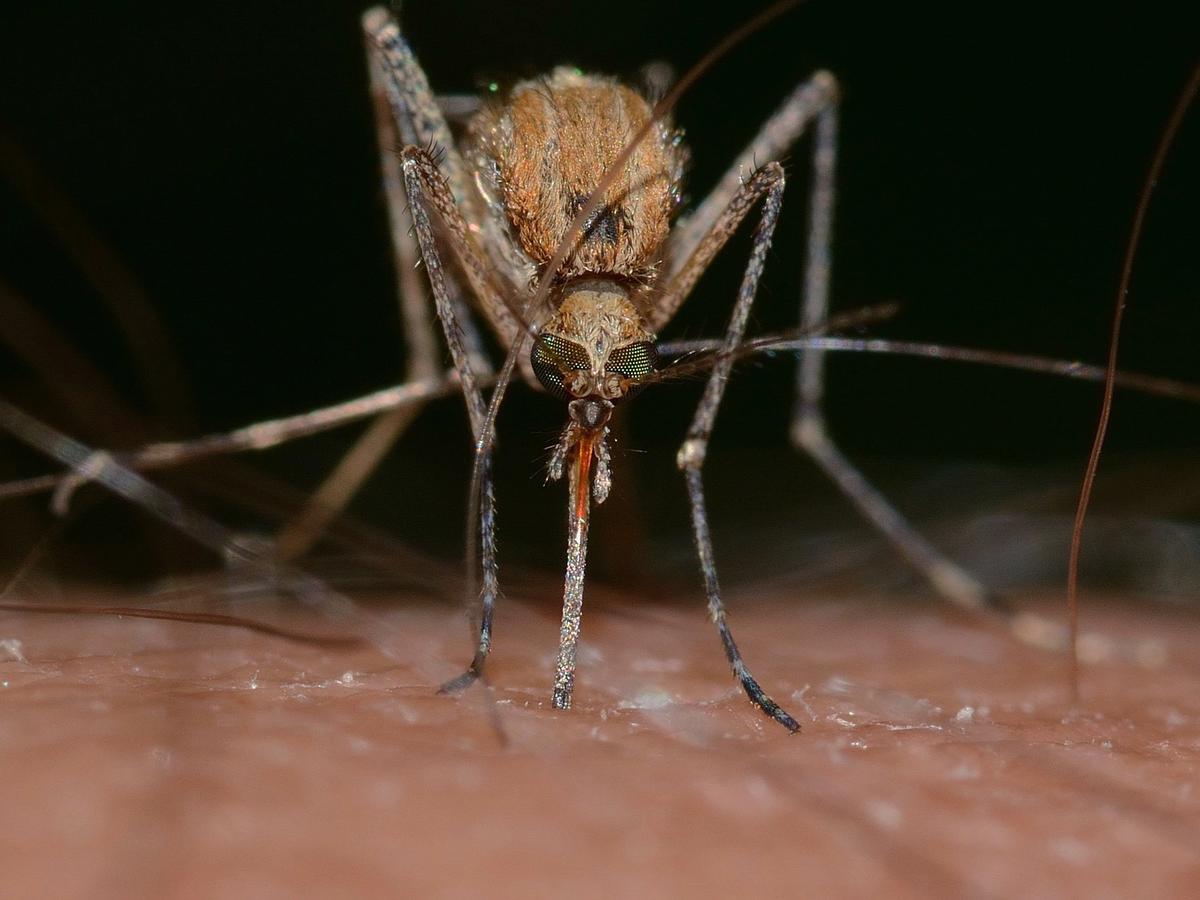
The Buzz on Hamilton Central Mountain Mosquitos Testing Positive for West Nile Virus
Dr. Elizabeth Richardson, the City’s Medical Officer of Health, has confirmed that a batch of mosquitos trapped recently on the Hamilton mountain have tested positive for the West Nile Virus – the first positive test this year – resulting in the West Nile Virus risk being moved from low to moderate. The City of Hamilton continually assesses the risk for human illness as part of a comprehensive West Nile Virus surveillance and prevention program. As part of this program, the City has completed its second round of larviciding treatments on city street catch basins.
Health Impacts of a West Nile Virus Infection
While approximately 80% of individuals infected with West Nile Virus will not have any symptoms, the other 20% typically comprised of older adults or those with weakened immune systems, may experience West Nile fever, headaches, body aches, confusion, muscle weakness, sensitivity to light, or develop more severe illnesses including encephalitis – inflammation of the brain or the lining of the brain (approximately 1%). For any infection, if symptoms do occur, they appear two to 14 days after being bitten by an infected mosquito.
Preventive Measures
- Avoid being bitten by mosquitoes
- Use a mosquito repellent (bug spray) containing DEET or Icaridin
- Avoid areas where mosquitoes are known to be present or cover up by wearing light-coloured long sleeves and long pants when in mosquito areas such as wooded areas, on the golf course, or in the garden, especially at dawn and dusk when mosquitoes are most active
- Reduce mosquito breeding sites by removing any standing water at least weekly
For additional information on West Nile Virus, visit www.hamilton.ca/westnile or call (905) 546-2489.
